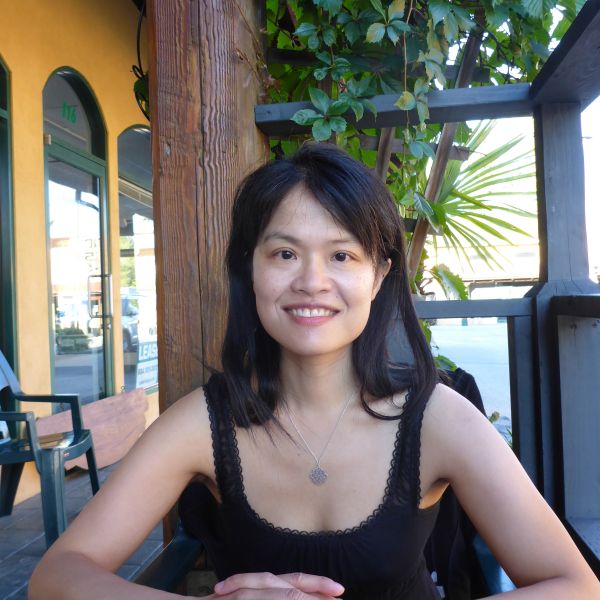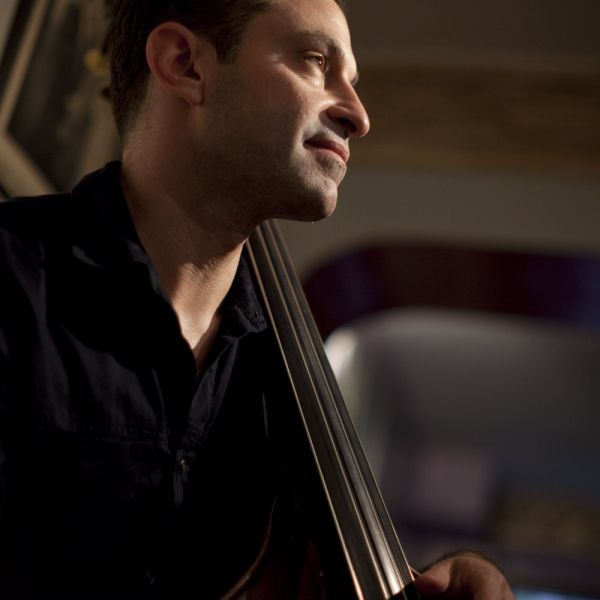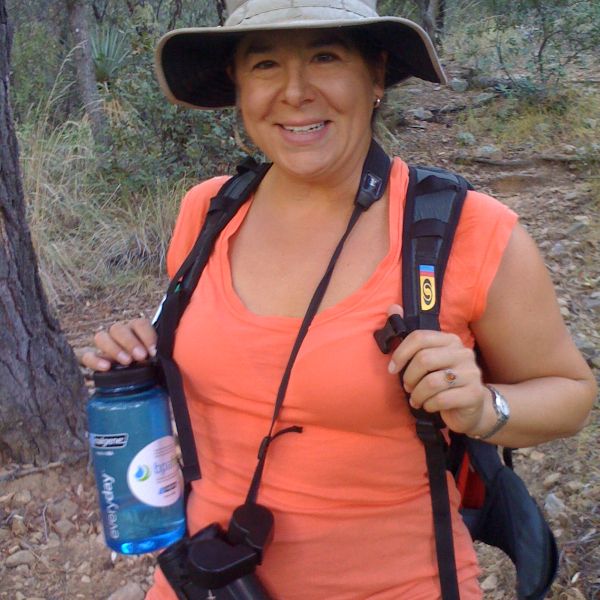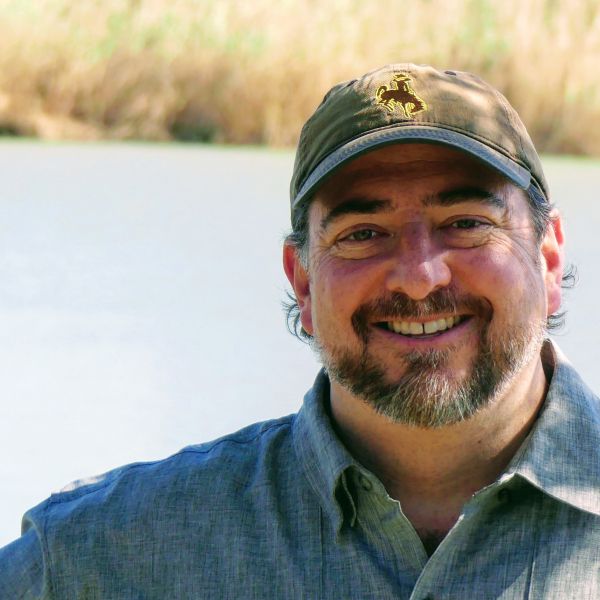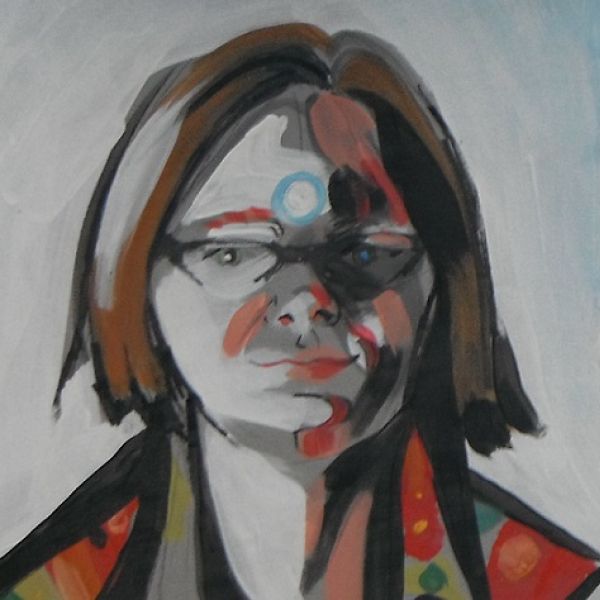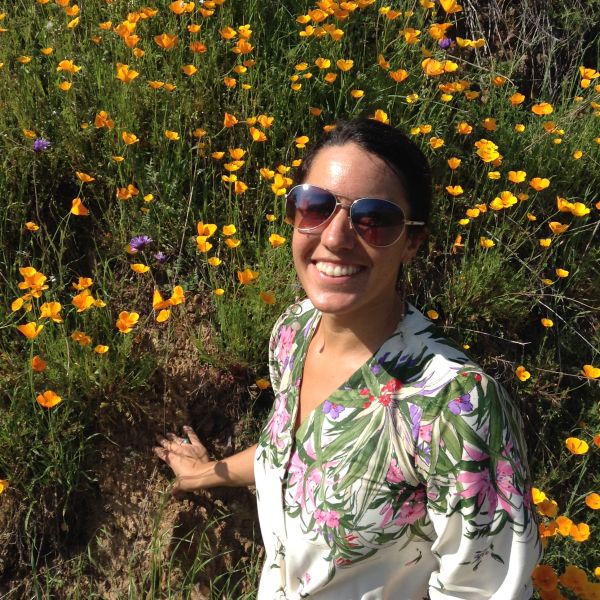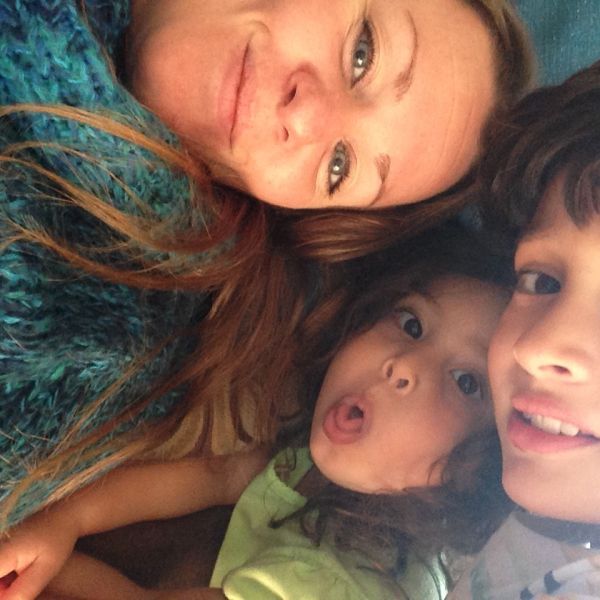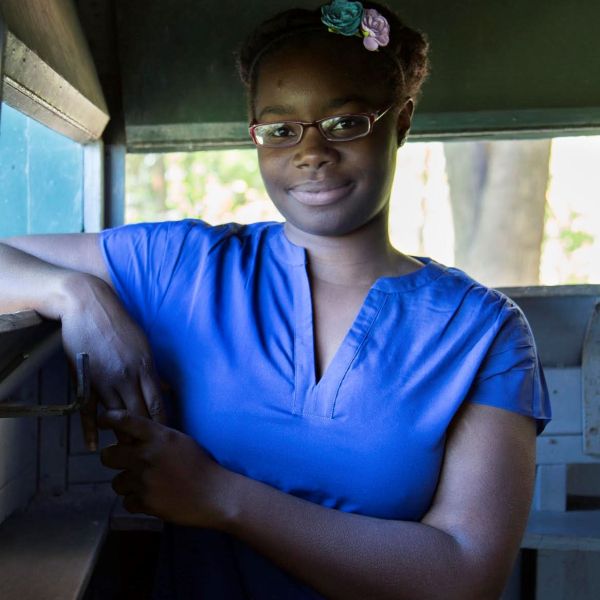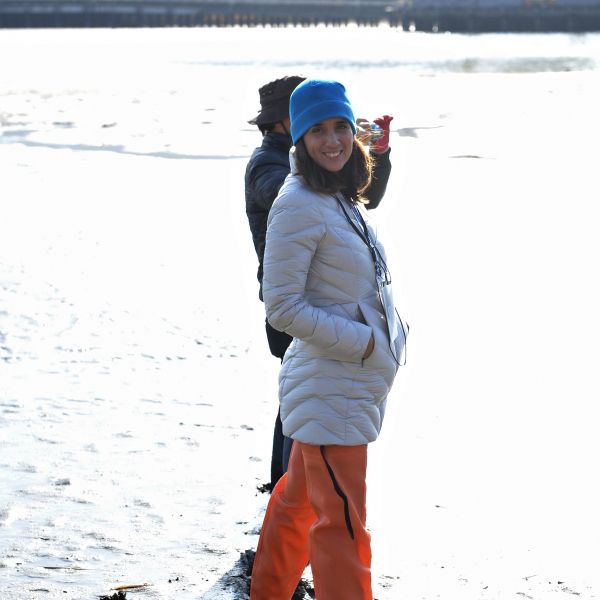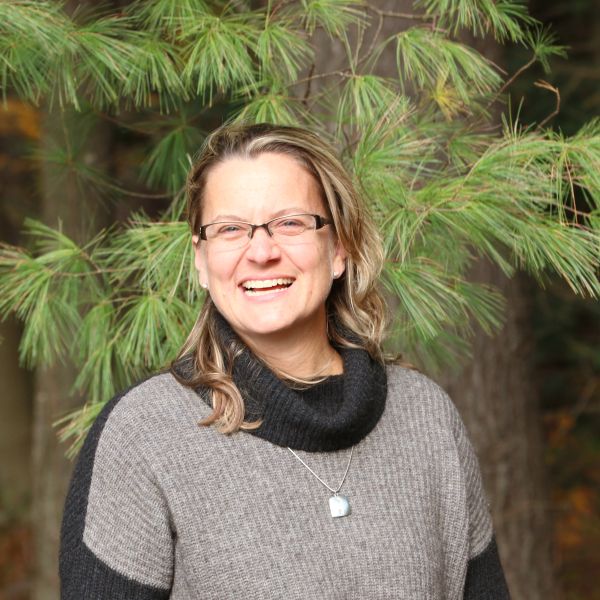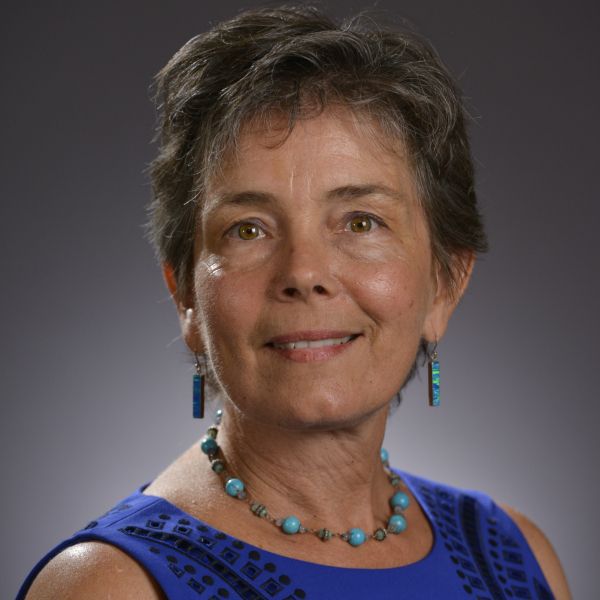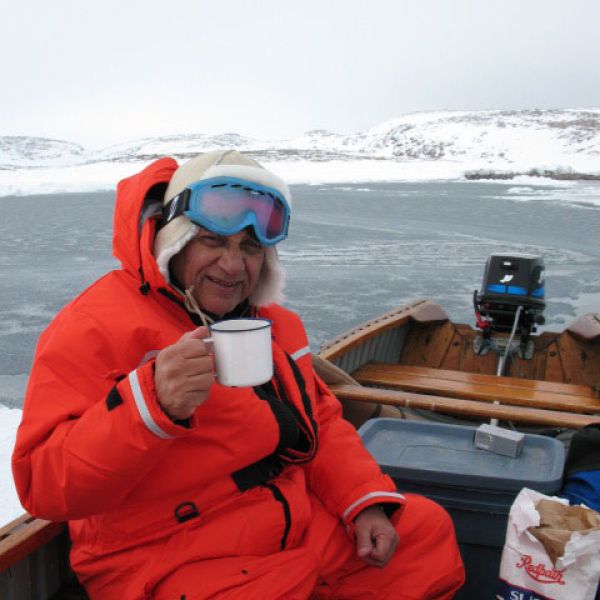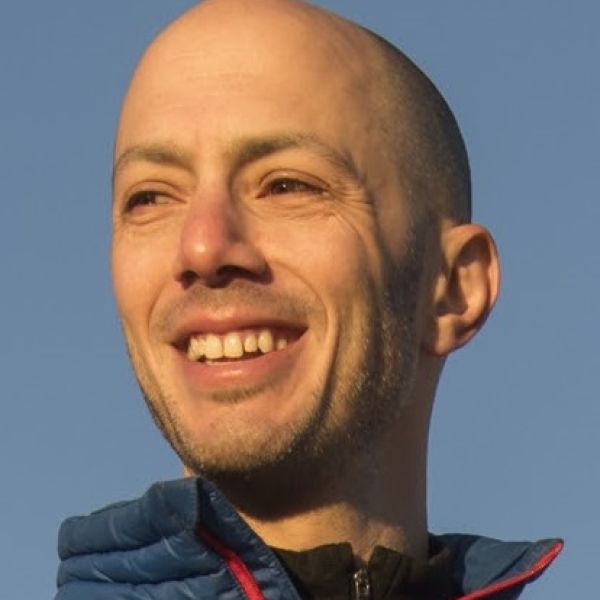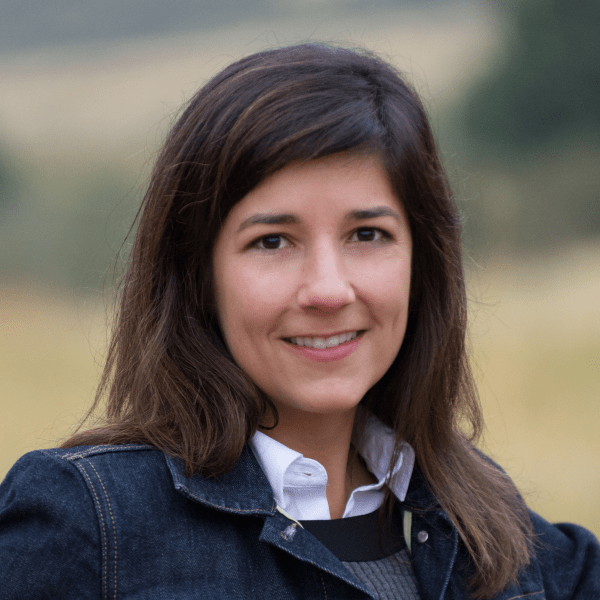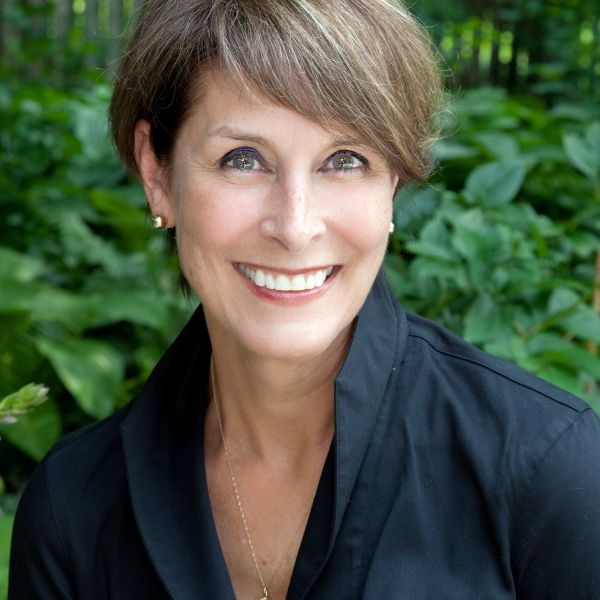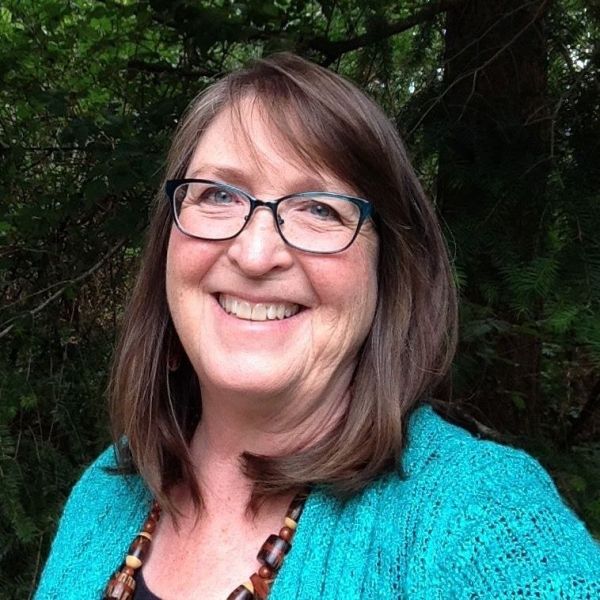Hawaii is, by definition, an insular place. As island communities, they oscillate from being extremely well connected (in that ‘small town’ way where everyone knows each other and wears multiple work and community “hats”), to isolated and disconnected from both each other and the continental world (in that they are separated by ocean, geographic identity, demographics, education level, and much more). Elizabeth works for two organizations that allow her to connect people to each other and to places in new ways. She works on wildfire and coastal issues that are caused by a changing world (climate change, drought, invasive species, development, social inequities). She works with people of all ages, demographics, and sectors. And this all means that she works a lot (two full time jobs)! Yet the more she works, the more she feels like there are some pieces missing. As Elizabeth sees it, what is needed are some fun, supportive, non-threatening, inclusive, and interesting new ways to connect lives and roles within communities to people, to people’s work and passions, and to address the climate change impacts increasingly faced in Hawaii and the Pacific.The overarching theme of Ocean Warriors— the youth program that Elizabeth created and co-coordinates— is “It’s All Connected.” So in designing her project, she thought to herself… what and who haven’t we connected yet? Whose voices are missing? What experience could be created that would support the many people and entities working on seemingly disparate issues like natural resource protection, substance abuse prevention, job opportunities, Hawaiian language and culture, education, and the whole variety of things people care about in Hawaii? What kind of experience could bring together diverse people and disciplines to celebrate place— their place, this place, Hawaii— and share new conversations in new ways, especially as we begin to face the impacts of a changing climate? And how can we make it fun, supportive, non-threatening, inclusive, interesting, and awesome?Thanks to the innovative, enthusiastic, and thoughtful participants in the EECapacity fellowship, Elizabeth is now in the midst of designing an experience that will aim to bring the people of Hawaii together in new ways, to discuss climate change and Hawaiians' connections to each other and to the lands and waters of Hawaii through art, story, and music. She is currently in conversations with local artists, poets, dancers, musicians, teachers, land managers, scientists, people of faith, and more about what this concept might become in real life. It is continually taking shape as more and more people offer their ideas and willingness to participate. Right now it is looking to be an event that will host art, music, dance, video, and theater exhibitions around the theme of climate change and the people and places of Hawaii. Local conservation and other community efforts will be invited to get involved and share more about their work and opportunities for community members to get involved.
Elizabeth works both mauka and makai (toward the mountain and toward the sea) in Hawaii, and has recently expanded her work to include US-affiliated Pacific islands. A resident of Hawaii Island for more than 12 years, Elizabeth cares deeply about the people and places in Hawaii and the Pacific. To this end, she focuses her efforts on boundary-spanning projects that aim to bring more connectivity between people, disciplines, and geographies. As Executive Director for Hawaii Wildfire Management Organization, Elizabeth works with incredible Board and staff members to implement wildfire prevention, mitigation, planning, and education projects throughout Hawaii and the Pacific. Wildfires are an under-publicized problem in Hawaii, yet impact watershed forests, community safety, human health, coral reefs, fisheries, municipal resources, and local economies. Elizabeth loves working collaboratively and across sectors with land managers, emergency responders, and communities to address the wildfire issue. Elizabeth also coordinates an extra-curricular youth program for the Malama Kai Foundation. The program, called Ocean Warriors, is an environmental education and service-learning program that is based on substance abuse prevention strategies. “The beauty of Ocean Warriors,” says Elizabeth, “is that students are mentored and involved in experiential learning that is directly connected to real-life conservation and community projects in their neighborhoods. In many cases, their enthusiasm leads the way for all-age level community involvement in local service projects. We just support the kids to be healthy, informed, courageous, and to lead the way in their communities.” Elizabeth earned a Masters of Environmental Science degree from Yale School of Forestry in 2007, where she focused her research on public impact on and contributions to natural resource management in Hawaii, and a Bachelors degree from U.C. Berkeley in 2000. When not working, Elizabeth can be found kitesurfing, making art, and sharing time with friends



